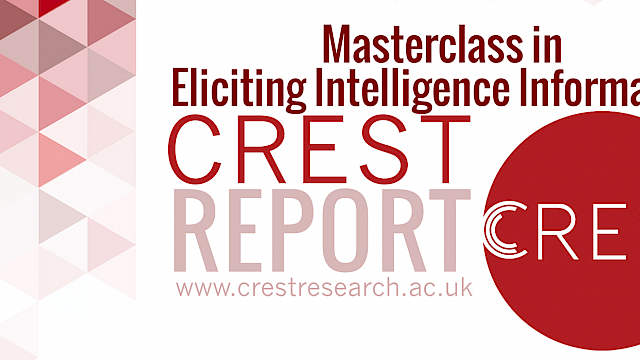Research summary
While there is no shared definition of the word 'rapport' in the research literature, there is general agreement that markers of rapport include behaviours such as relaxed body language, attentiveness, similar communication styles, empathy, shared interests, and mutual respect. These features are observed when people interact with people they trust and can be applied within an interaction to build trust and rapport.
Findings from psychological research suggest that developing rapport facilitates communication and information elicitation. Furthermore, interviewers who can build rapport within an information-gathering context have been found to elicit significantly more detailed and accurate memory reports from witnesses, suspects, and intelligence-gathering exercises.
These findings promote the value of training practitioners in techniques to build rapport. However, turning to the existing research to inform a rapport training programme reveals challenges within the available evidence base:
- Definitions of rapport as a construct are somewhat vague and divergent
- A range of experimental manipulations have been used to examine the effects of building rapport
- A similar range of disparate frameworks is in place for measuring rapport.
Such a lack of consensus in how rapport has been defined, manipulated, and measured, creates clear challenges associated with developing effective evidence-based guidelines relating to training and measuring rapport.
In response to the promising yet confusing landscape, this project aimed to:
- identify studies that have manipulated and/or measured rapport within an information-gathering context
- map the existing literature on the use of rapport-building as a tool to facilitate disclosure within an information-gathering context
- use the findings to develop an evidence-based training programme to test the extent to which individuals can be trained to better build rapport.
Read more
- Gabbert, F, Hope, L, Luther, K, Wright, G, Ng, M, Oxburgh, G. (2020). Exploring the Use of Rapport in Professional Information-Gathering Contexts by Systematically Mapping the Evidence Base. Applied Cognitive Psychology, 35(2), 329-341. https://doi.org/10.1002/acp.3762
Copyright Information
As part of CREST’s commitment to open access research, this text is available under a Creative Commons BY-NC-SA 4.0 licence. Please refer to our Copyright page for full details.
IMAGE CREDITS: Copyright ©2024 R. Stevens / CREST (CC BY-SA 4.0)






